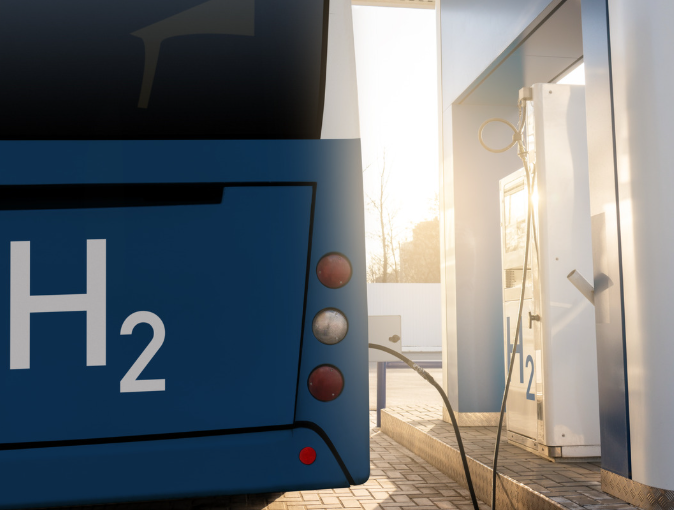The global push for zero-emission public transport has placed hydrogen fuel cell electric vehicles (FCEVs) in the spotlight. However, recent setbacks in Poland and Belgium highlight the challenges of scaling this technology.
In Poznan, Poland, transport operator MPK Poznan withdrew all 25 hydrogen buses from service after onboard diagnostic systems detected malfunctions. Meanwhile, in Antwerp, Belgium, five hydrogen buses were permanently removed from the fleet, citing operational and financial unviability. These incidents underscore the technical and economic hurdles facing hydrogen-powered public transport.
The issues in Poznan are believed to stem from the poor quality of hydrogen supplied by Orlen, Poland’s state-owned oil and gas company. Solaris, the manufacturer of the buses, has pointed to impurities in the hydrogen as the likely cause of the malfunctions. Independent laboratories are currently analyzing samples from the refueling station to confirm this hypothesis.
Hydrogen fuel cells require an exceptionally high degree of purity—typically 99.97% or higher—to function effectively. Impurities, even in trace amounts, can damage fuel cells and reduce their efficiency. While hydrogen for industrial applications often meets lower purity standards, the stringent requirements for FCEVs highlight a critical gap in the supply chain. This incident raises questions about the reliability of hydrogen production and distribution infrastructure, particularly as demand for FCEVs grows.
MPK Poznan remains committed to hydrogen buses despite the setback. In February 2025, the operator ordered nine additional vehicles from Solaris, expanding its fleet to 34 hydrogen buses by April 2026. However, resolving the quality issue is paramount to ensuring the long-term viability of this investment.
In Antwerp, the decision to permanently remove five hydrogen buses from service reflects broader financial and operational challenges. Flemish Mobility Minister Annick De Ridder stated that hydrogen is “currently not a viable option for public transport in Belgium” from both operational and financial perspectives. The bankruptcy of Van Hool, the manufacturer of the buses, further complicated matters, as it eliminated access to technical support and maintenance, potentially driving up costs.
De Ridder emphasized that Belgium’s electrification strategy will focus on battery-electric vehicles (BEVs), with no plans to reintroduce hydrogen buses. This decision aligns with a growing trend among European cities to prioritize BEVs for public transport, citing lower operating costs and more mature technology.
The setbacks in Poznan and Antwerp highlight two critical challenges for hydrogen mobility: quality control and financial viability. While hydrogen buses offer advantages such as longer range and faster refueling compared to BEVs, these benefits are contingent on a reliable and high-quality hydrogen supply chain. The Poznan incident underscores the need for stricter quality standards and robust monitoring systems to ensure the purity of hydrogen used in FCEVs.
Financially, the high costs of hydrogen production, storage, and distribution remain a significant barrier. According to a 2023 report by the International Council on Clean Transportation (ICCT), the total cost of ownership for hydrogen buses is currently 30-50% higher than for battery-electric buses. This cost disparity, coupled with the lack of infrastructure, has led many cities to prioritize BEVs for their public transport fleets.
Stay updated on the latest in energy! Follow us on LinkedIn, Facebook, and X for real-time news and insights. Don’t miss out on exclusive interviews and webinars—subscribe to our YouTube channel today! Join our community and be part of the conversation shaping the future of energy.





